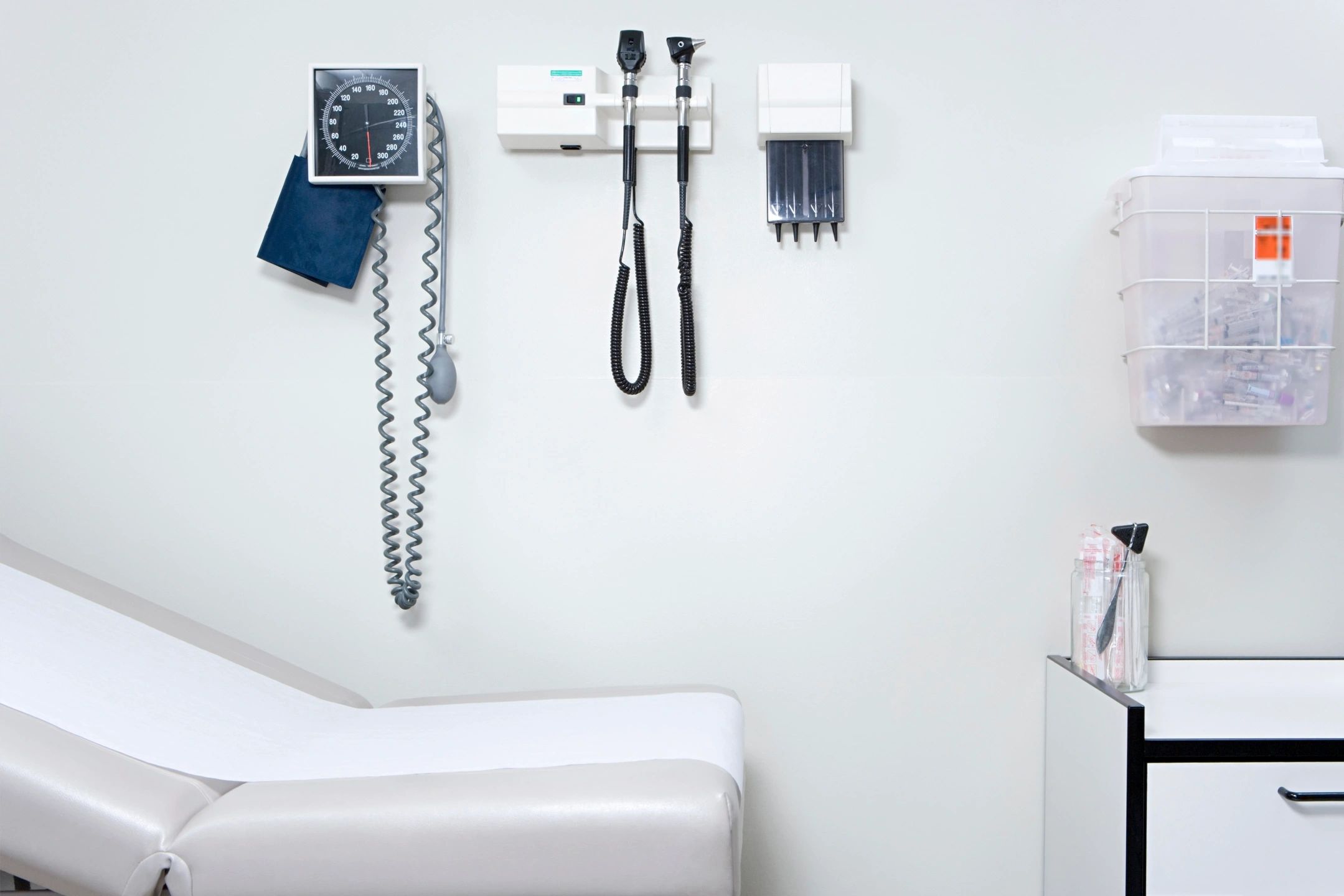
How to avoid catching the ‘Super STI’ this Valentine’s Day
“Super Gonorrhoea” – it sounds like a Marvel superhero character, but fortunately this character would not be found by rifling through a comic store. It is the name given to a new strain of gonorrhoea that has been resistant to the standard antibiotic treatment. With “the day of love” (and with any luck “love-making”) approaching on the 14 th of February, here is the 101 on gonorrhoea and what we can do to protect ourselves.
What is gonorrhoea?
Gonorrhoea, also known as “the clap”, is the second most common sexually transmitted infection (STI) in the UK, caused by the bacteria Neisseria gonococcus. It is transmitted through unprotected vaginal, oral or anal sex, or genital contact with an infected partner. In men more than 90% with the infection will have symptoms but in approximately half of women, it will be symptomless. The symptoms can include a thick green or yellow discharge from the vagina or penis, pain on passing urine and, in women, bleeding between periods.
What are the risks of gonorrhoea?
Because so many cases of gonorrhoea are symptomless, sometimes it goes untreated for a while. Although usually (when it hasn’t got its super hat on) it can be treated fairly simply with antibiotics, if left, it can lead to complications including septicaemia, pelvic inflammatory disease, joint pains and even infertility. This highlights the importance of regular STI checks, to pick up and treat any symptomless STIs and avoid the unknowing spread of it to others.
What is resistance?
There is a common misconception that when people discuss antibiotic resistance, that it is the
human themselves that become resistant to a certain antibiotic, but actually it is the bacteria. The bacteria are able to change and mutate so that the antibiotic we use against it no longer works. In the case of gonorrhoea, it has slowly shown signs of resistance over the years and the treatment regimens have had to change to reflect that. It is becomingly increasingly resistant to the current first-line treatment which is a combination of two antibiotics—azithromycin and ceftriaxone and the Centres for Disease and Control have labelled drug-resistant gonorrhoea as one of the top 3 urgent superbug threats for 2019.
Why is resistance happening?
Antibiotic resistance occurs naturally but the misuse of antibiotics has sped up this process. Where antibiotics can be bought without a prescription, resistance can be made worse, furthermore where standard treatment guidelines are not followed, antibiotics may be over-prescribed and over-used. We are also aware that it isn’t only human consumption that is driving antibiotic resistance but also the use in animals.
How can we stop resistance?
Whilst it is difficult to control what is happening around the world with their prescribing policies, in the UK, we can help stall this post-antibiotic era by listening to our healthcare professionals and only taking antibiotics prescribed by these healthcare professionals and taking them in the way they have advised. Avoid pushing or demanding for antibiotics if your healthcare professional doesn’t think you need them. It is also always important to think “prevention is better than cure”, so avoid picking up infections through regular handwashing, avoiding contact with sick people, practicing safe sex, preparing food hygienically, and staying up to date with your vaccinations.
What is the prognosis for Super Gonorrhoea?
Last year we were informed of the first case of super gonorrhoea in the UK, whereby a man had acquired it through a sexual encounter with a female in South East Asia. This year we have had 2 new and unlinked “sightings” in heterosexual women from Britain, but more worryingly, one of those cases was acquired in the UK and the other in Europe. The super STI is getting closer. So, with Valentine’s Day getting closer, what can you do to keep yourself safe? The answer is simple. Use a condom.
On a positive note, here are a few ways to improve your sexual performance ahead of Valentine’s Day.
1) Exercise: We know that exercise not only boosts your endorphins but also your libido and your improved cardiovascular health will mean that you can keep going for longer without needing catch-your-breath breaks, the increased blood flow to your sexual organs may also help maintain that erection and/or improve your orgasm. Exercise is also an excellent way to manage stress, which is a common trigger for sexual dysfunction.
2) Reduce the booze: We often have a couple of glasses to unwind and to “get us in the mood” but alcohol is actually a depressant and can reduce your sexual desire and can lessen the intensity of an orgasm. Regularly exceeding the recommended weekly consumption of alcohol can be a cause of erectile dysfunction in men because of the way that chronic alcohol use can damage the nerves that provide the signals to the penis
3) Quit smoking: the chemicals in cigarette smoke harm your blood vessels, including the vessels to the penis and can result in erectile dysfunction.


